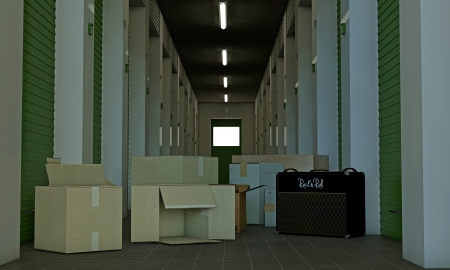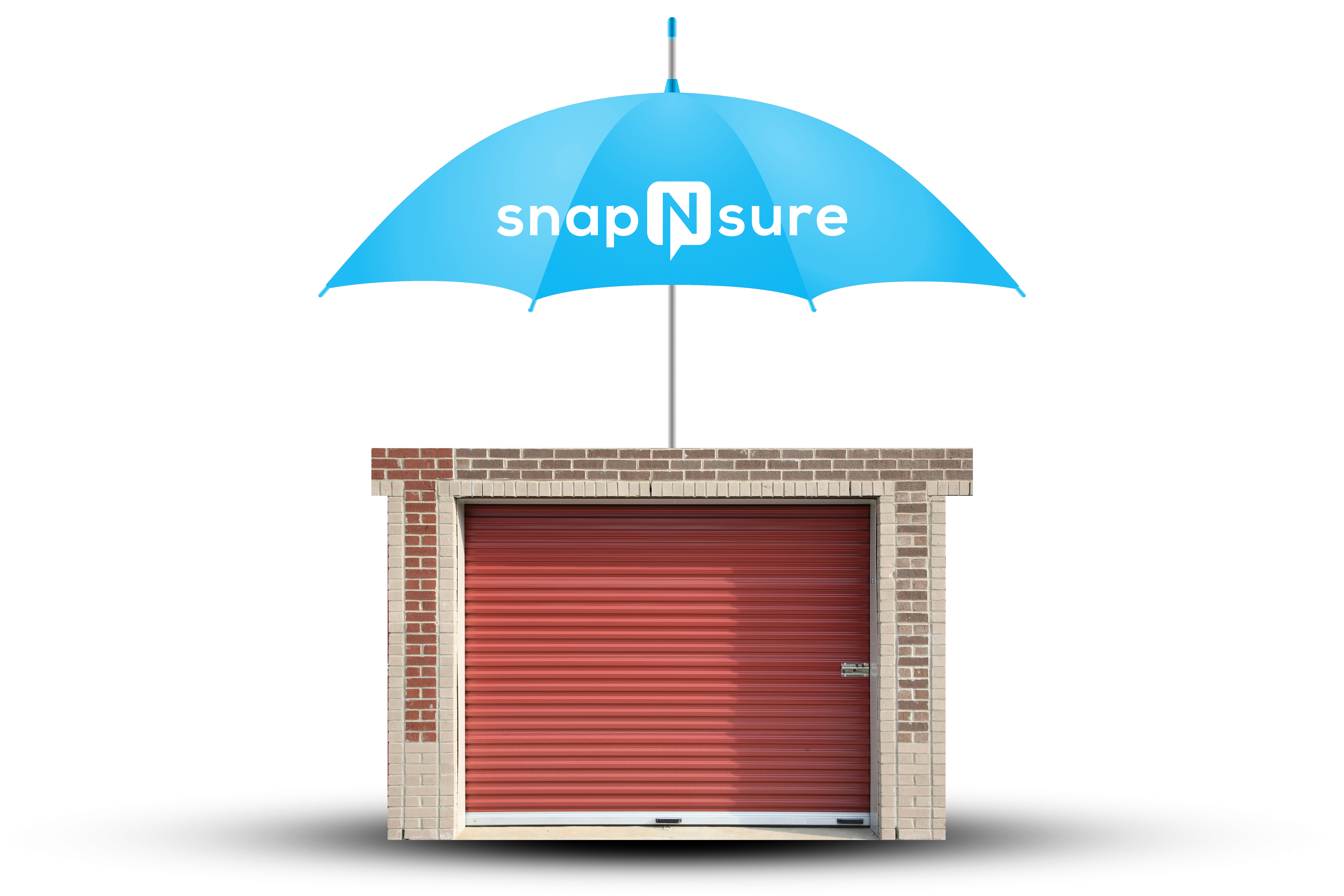 Self-storage units provide a convenient option for those who’ve run out of space in their existing homes, are in the process of relocation, or simply wish to have a safe place to keep treasured or valuable possessions that they don’t have an immediate use for.
Self-storage units provide a convenient option for those who’ve run out of space in their existing homes, are in the process of relocation, or simply wish to have a safe place to keep treasured or valuable possessions that they don’t have an immediate use for.
Though these items may be out of sight and out of mind, that doesn’t prevent them from being in a physical environment which could potentially expose them to the elements, or to the ill intentions of vandals and thieves.
For this reason, items held in self-storage should be protected by insurance coverage appropriate to their financial value and the types of damage or risk that they’re likely to face – just like the items in your home, whether you own or rent.
In fact, the homeowners or renters insurance policy covering your domestic or leased premises can be extended to include the belongings you choose to keep in self-storage – but for the reasons we’ll now discuss, this isn’t really your best option.
The Illusion of Convenience When Using Your Homeowners Insurance for a Self-Storage Unit
The principal reason why homeowners or renters insurance feature as an option for self-storage users in the first place is that most self-storage facilities require their customers to have insurance for the full replacement cost of all the contents of their storage unit – so they’ll ask to see a copy of your homeowners or renters policy, before moving on to the next part of their pitch.
If you have a policy – and it actually extends to coverage for personal belongings outside the premises – then homeowners or renters insurance is a convenient way of meeting this condition of your self-storage contract.
Convenient, but not actually guaranteed to give full coverage to your items in storage – and therefore potentially expensive, or even disastrous.
What Homeowners or Renters Insurance Will and Won’t Cover
The first thing to note is that not every insurance company covers belongings which are stored off site – so you’ll have to comb through the fine print on your policy to make sure that homeowners or renters coverage even extends to self-storage. And even if the policy does extend to items held off-premises, some insurance companies protect themselves against catastrophic losses by limiting their liability and setting strict limits on claims.
Once it’s been established that self-storage items can be covered, the question then arises as to what exactly your homeowners or renters insurance actually covers. Standard policies will provide off-premises protection against theft and damage from fires, tornadoes and other disasters. But they won’t cover damage caused by flooding, earthquakes, vermin, mold and mildew, or poor maintenance at the self-storage facility.
In many cases, homeowners insurance will limit the off-premises coverage for personal belongings held in self-storage to 10% of the overall amount stipulated by your homeowner’s policy. And if you’re looking to store valuable items such as artwork, antiques, furs, jewelry, money, securities, or critical documents, homeowners or renters insurance may place a dollar restriction limiting the amount that may be claimed in respect of these items.
If you insist on going the homeowner’s insurance route, achieving adequate coverage for your self-storage items may involve additional expense and legal negotiation, as you’ll have to add an endorsement or rider to your policy to fully cover your property. Unless you buy extra coverage specifically for your self-storage unit, many policies will limit the amount of money you can collect for losses to around 10% of your coverage limit.
They’ll also typically impose a large deductible (the amount you have to pay in repairs or replacements before the insurance company steps in) for contents of a storage unit. These may be in the region of $1,000 to $3,000 – and there are surcharge periods of about three years which can make filing claims a lengthy and frustrating process.
Renters insurance also introduces its own particular brand of complications. Some policies contain random clauses which enable an insurer to refuse payment on a claim if the object is not in your rented accommodation because it’s being repaired or refurbished. Coverage may also be denied for items that you usually store in another residence (such as a friend or relative’s house) which your renter’s insurance doesn’t cover.
What You Shouldn’t Do
In light of the headaches you may want to avoid due to the clauses and complications of homeowners or renters policies, you might be tempted to take the easy road, and opt for the insurance offered by your self-storage company. This too is problematic.
On the one hand, buying an insurance policy from the self-storage company will get you past the hurdle of having to have insurance for your belongings, before you can sign a rental contract. Most facilities will impose this condition, precisely in hopes of being able to upsell their own brand of insurance coverage.
Against this, there’s the fact that the insurance coverage offered by a standard self-storage company policy is extremely limited – in both scope of coverage, and the amounts payable for loss or damage.
What You Should Do
Instead, you’ll be much better off seeking dedicated self-storage insurance from a reputable independent provider.
SnapNsure™ Contents Coverage insures against causes of loss such as fire, lightning, vandalism, burglary, and water damage – at rates considerably lower than any that a self-storage company may offer. In addition, SnapNsure™ is the only self-storage insurance company to offer “named storm” coverage, to give an additional layer of protection to policyholders.
The SnapNsure™ Contents Program maintains coverage on a pay-with-storage, month to month basis, and begins as soon as you’ve paid your first month’s premium, and your signed application is received online by the company. So you can actually purchase and start a policy with your smartphone, right at the self-storage facility.
If you would like to know more, get in touch with SnapNsure™ for a consultation.






